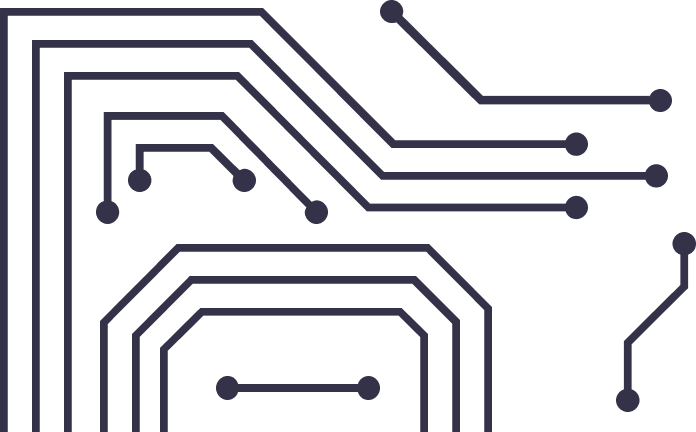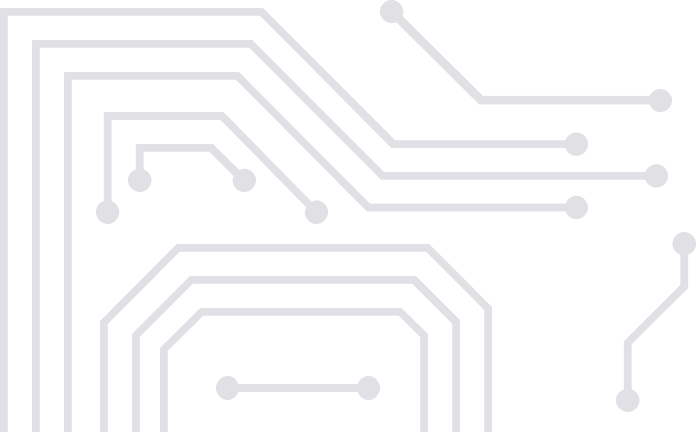How A.I. Improves Cybersecurity

Introduction
In today’s digital age, where information is constantly flowing through the vast network of the internet, cybersecurity has become a paramount concern. As technology evolves, so do the threats that target it. Traditional methods of cybersecurity often fall short in protecting against sophisticated attacks. This is where Artificial Intelligence (A.I.) steps in as a game-changer, revolutionizing the way we safeguard our digital world. In this article, we will delve into the transformative power of A.I. in enhancing cybersecurity.
Understanding the Cyber Threat Landscape
The Growing Threats
With each passing day, cyber threats are on the rise. Hackers, cybercriminals, and state-sponsored actors are constantly devising new ways to breach security systems, steal sensitive data, and wreak havoc. The traditional approach to cybersecurity, which relies heavily on predefined rules and signatures, struggles to keep pace with these ever-evolving threats.
The Ineffectiveness of Traditional Methods
Traditional cybersecurity tools often generate a high number of false positives, leading to alert fatigue among security professionals. These false alarms divert attention from real threats and create vulnerabilities that attackers can exploit.
A.I. and Its Role in Cybersecurity
An Overview of A.I.
Artificial Intelligence refers to the ability of machines to perform tasks that typically require human intelligence. It involves the use of algorithms and data analysis to make decisions, recognize patterns, and adapt to changing circumstances.
Machine Learning in Cybersecurity
Machine Learning, a subset of A.I., plays a pivotal role in cybersecurity. It enables systems to learn from data, identify anomalies, and make real-time decisions. This adaptive capability is especially valuable in the context of cybersecurity.
A.I. for Threat Detection
Predictive Analysis
A.I. algorithms analyze historical data to predict potential threats. By identifying patterns in previous attacks, these systems can proactively defend against new threats.
Behavioral Analysis
A.I. can monitor network behavior and user activities in real time. It can detect unusual patterns that may signify a cyberattack, even if the attack method is previously unknown.
A.I. for Incident Response
Automated Response
AI-powered systems can respond to security incidents rapidly. They can isolate compromised systems, block malicious traffic, and minimize the impact of an attack.
Threat Intelligence
A.I. collects and analyzes threat intelligence from various sources, providing security teams with valuable insights into emerging threats and vulnerabilities.
Benefits of A.I. in Cybersecurity
Enhanced Accuracy
A.I. reduces the number of false positives, allowing security professionals to focus on genuine threats, thereby improving overall accuracy in threat detection.
Real-time Protection
A.I. systems can respond to threats in real-time, mitigating the damage caused by cyberattacks and reducing the attack surface.
Scalability
A.I. solutions are highly scalable and can adapt to the growing volume and complexity of cyber threats.
Continuous Learning
Machine Learning models continuously improve their accuracy as they process more data, ensuring that cybersecurity systems become more robust over time.
Challenges and Ethical Considerations
Data Privacy
The use of A.I. in cybersecurity raises concerns about the privacy of user data. Striking a balance between security and privacy is a challenge that needs careful consideration.
Bias in Algorithms
A.I. systems can inherit biases present in the data they are trained on, potentially leading to discriminatory or unfair outcomes. Addressing bias in cybersecurity A.I. is crucial for maintaining fairness.
Conclusion
Artificial Intelligence is a formidable ally in the battle against cyber threats. Its ability to adapt, learn, and respond in real-time makes it an invaluable tool in modern cybersecurity. While there are challenges and ethical considerations to address, the benefits of A.I. in enhancing cybersecurity are undeniable.
FAQs
- How does A.I. improve threat detection? A.I. uses predictive and behavioural analysis to identify patterns indicative of cyber threats, allowing for proactive defence.
- What are the advantages of real-time protection with A.I.? Real-time protection ensures that cyber threats are addressed immediately, minimizing their impact and reducing vulnerabilities.
- Can A.I. prevent all cyberattacks? While A.I. significantly enhances security, it cannot guarantee the prevention of all cyberattacks, but it greatly reduces the risk.
- How does A.I. address bias in cybersecurity? Addressing bias in A.I. involves careful data selection and algorithm development to ensure fairness in threat detection.
- Is A.I. the future of cybersecurity? A.I. is a key component of the future of cybersecurity, as it continually evolves to combat emerging threats and enhance protection.










